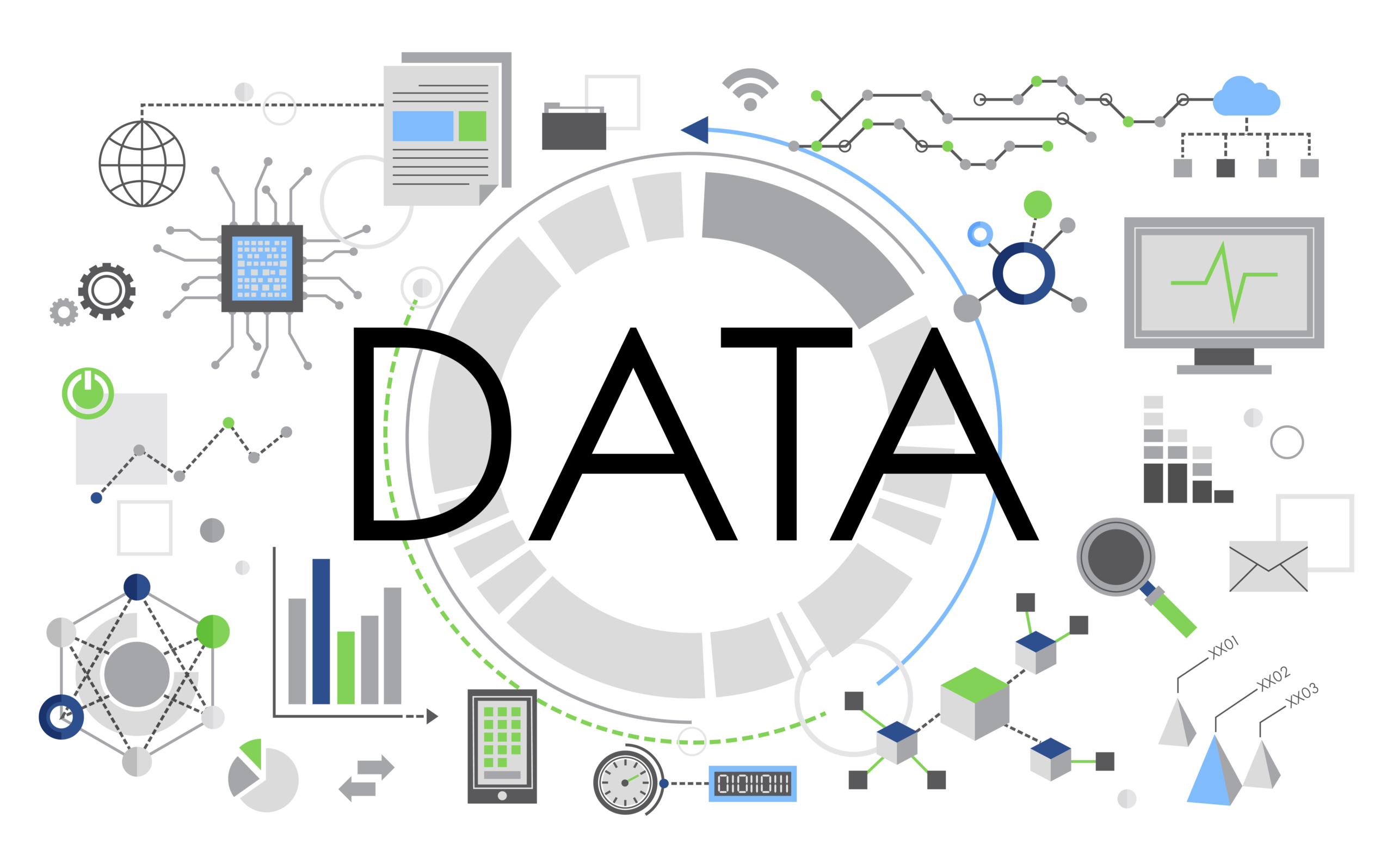Introduction
In the digital advertising world, there’s a shift taking place. Brands are moving beyond broad, impression-based strategies and toward hyper-targeted advertising powered by data. At the heart of this transformation is deterministic data—a game-changer for programmatic advertising, especially in industries like healthcare, where precision and compliance are critical.
What is Deterministic Data in Programmatic Advertising?
Deterministic data is data based on explicitly verified identifiers, such as names, emails, and phone numbers. It stands apart from probabilistic data, which relies on statistical correlations and predictions. Deterministic data provides brands with the certainty that they’re reaching real, verified individuals, making it invaluable for programmatic advertising.
For example, in healthcare advertising, deterministic data allows brands to target licensed healthcare professionals (HCPs) with a high degree of confidence. This is particularly useful for pharmaceutical companies that want to promote specialty medications to relevant healthcare providers without wasting impressions on non-targeted audiences.
Deterministic Data vs. Probabilistic Data: What’s the Difference?
- Accuracy: Deterministic data ensures that the target audience is verified, meaning there’s no guesswork about who’s receiving the ad. Probabilistic data, however, uses predictive models to make an educated guess, leading to a higher risk of irrelevant impressions.
- Precision: Deterministic data allows for segmentation based on specific and relevant criteria—such as profession, specialty, or location. This precision is particularly important in highly regulated industries like healthcare, where compliance matters as much as reach.
- Measurability: Because deterministic data links to specific individuals, it enables better performance tracking. Marketers can measure campaign effectiveness more accurately by knowing exactly which segment of their target audience engaged with an ad.
Why Deterministic Data Matters for Programmatic Advertising in Healthcare
In healthcare advertising, the audience often includes niche professionals such as specialists or prescribers. Deterministic data enables advertisers to reach these groups directly, so ad spend goes toward influencing those with the power to act on the information. Here are a few benefits that deterministic data brings to healthcare advertising:
- Enhanced Compliance
Healthcare advertisers must navigate complex regulations, from HIPAA in the United States to GDPR in Europe. Deterministic data, rooted in verified identities, can help ensure compliance by allowing precise targeting that doesn’t compromise patient privacy. - Maximized Return on Ad Spend (ROAS)
With deterministic targeting, healthcare advertisers know that their ad is reaching verified healthcare professionals rather than general audiences. This specificity helps maximize the return on ad spend by focusing on the most relevant individuals, such as prescribers or decision-makers in a specific medical field. - Better Campaign Performance and Insights
Deterministic data allows for clearer performance metrics, as it’s easy to track engagement rates and conversions by target group. For instance, advertisers can analyze which specialties responded best to a particular ad, making it easier to optimize future campaigns.
Implementing Deterministic Data in Programmatic Advertising
Many data providers now offer deterministic solutions designed for high-precision programmatic advertising. When implementing a deterministic data strategy, consider the following:
- Data Quality: Partner with data providers who have accurate and up-to-date information to ensure your campaigns are reaching verified professionals.
- Compliance Readiness: Ensure your provider uses compliant data practices, particularly if you’re targeting audiences in regulated sectors.
- Audience Segmentation: Use segmentation options to align with campaign goals, from targeting specialists to reaching HCPs in specific geographical areas.
Looking Ahead: The Future of Deterministic Data in Advertising
As programmatic advertising continues to evolve; the role of deterministic data will only grow. In high-stakes industries where compliance, privacy, and precision are vital, deterministic data ensures that every ad impression counts. By choosing deterministic data over broad audience estimations, brands are building a future where programmatic advertising reaches the right people with the right message—every time.
Conclusion
Deterministic data is reshaping programmatic advertising by introducing a level of accuracy and relevance that is unmatched. For brands in sectors like healthcare, where precision and regulatory compliance are essential, deterministic data offers a reliable, impactful solution. As more companies realize its potential, deterministic data may well become the industry standard, turning programmatic advertising into an exact science.

